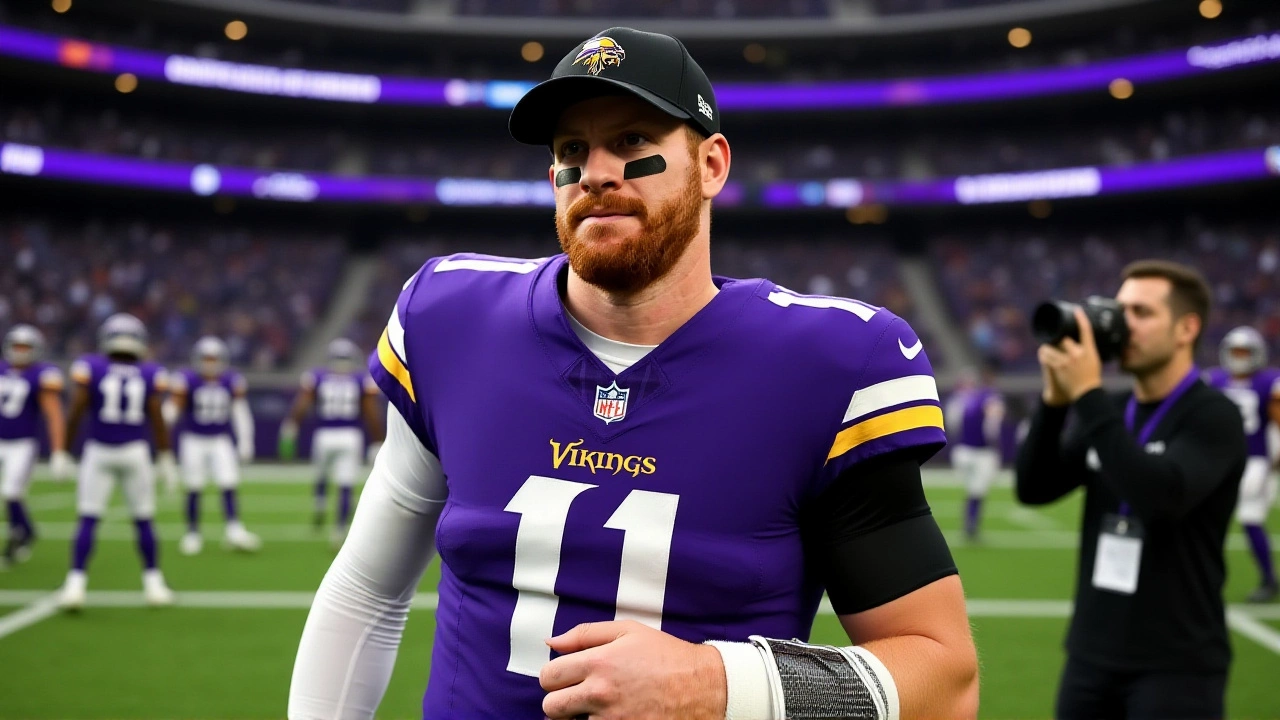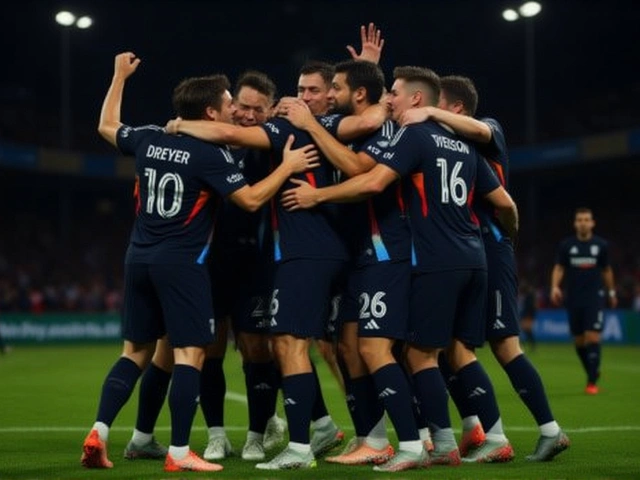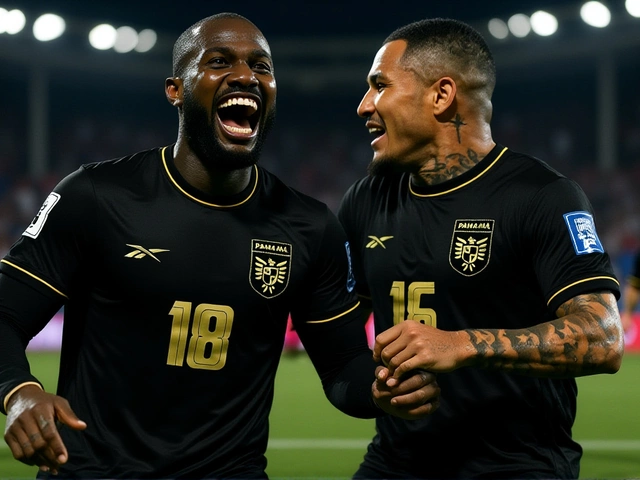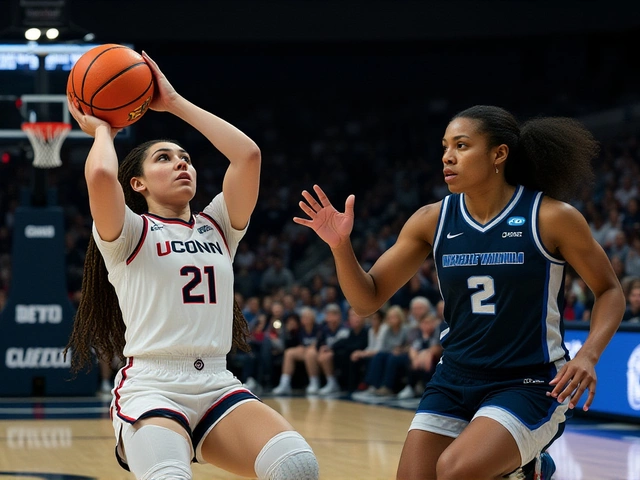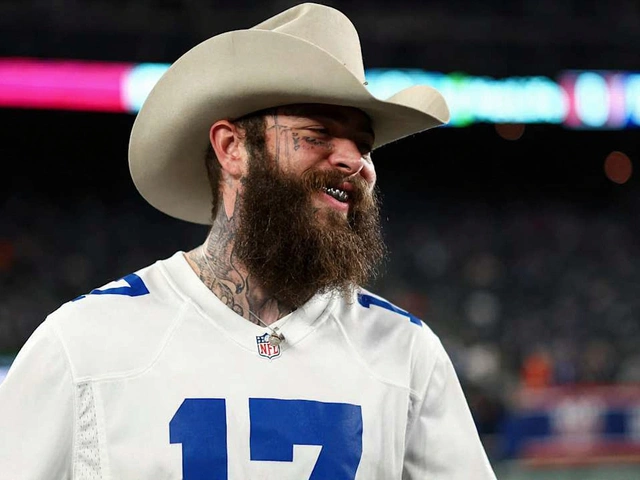When Carson Wentz, quarterback of the Indianapolis Colts uploaded a trophy picture of a dead black bear, the internet erupted.
The Instagram snap went live at 10:15 a.m. EDT on Monday, Oct. 25, 2021, showing the 28‑year‑old in Realtree Edge camo, rifle in hand, kneeling beside a 250‑pound American black bear in a grassy field near Killdeer, North Dakota. The timing was uncanny – it arrived just a day after head coach Frank Reich benched him for the Colts’ Week 7 loss to the New England Patriots.
Season Turbulence and the Bye‑Week Escape
Wentz entered the 2021 season on a four‑year, $128 million extension signed with the Philadelphia Eagles in 2019, then was traded to Indianapolis in April for multiple draft picks. By late October the Colts were 1‑5, and the quarterback’s play had already drawn criticism. After completing just 11 of 25 passes for 106 yards against the Patriots, Reich pulled him at halftime and handed the reins to Jacob Eason.
The bye week offered a chance to regroup, and Wentz chose to head north to his family’s hunting lodge on private land in Dunn County. Accompanied by his brother Zach and two friends from Bismarck, he secured a legal harvest under North Dakota Game and Fish Department license #NDGF‑2021‑HUNT‑88432, valid through Nov. 14.
The Instagram Post That Ignited the Firestorm
Within hours of the hunt, Wentz posted the bear photo with a caption that read, "Season’s first trophy, thanks to the great outdoors." The image quickly amassed more than 127,000 negative comments, and a Change.org petition demanding a $100,000 wildlife donation gathered over 83,000 signatures by Oct. 28.
Critics weren’t just angry about the optics; they argued the kill served no conservation purpose. The backlash was swift and vocal, forcing Wentz to delete the post after 18 hours and issue an apology at 2:30 p.m. EDT on Oct. 26 via the Colts’ public‑relations office.
Animal‑Rights Groups Sound the Alarm
People for the Ethical Treatment of Animals (PETA) released a statement through senior vice president Tracy Reiman, condemning the act as “unsportsmanlike” and urging public figures to consider alternatives to trophy hunting.
Only minutes later, the Humane Society of the United States, led by CEO Kitty Block, echoed the sentiment, saying the photo “reflects poorly on anyone with a public platform.” Both organizations highlighted the intelligence and sensitivity of black bears, noting that the species is listed as “least concern” but still faces habitat pressures.
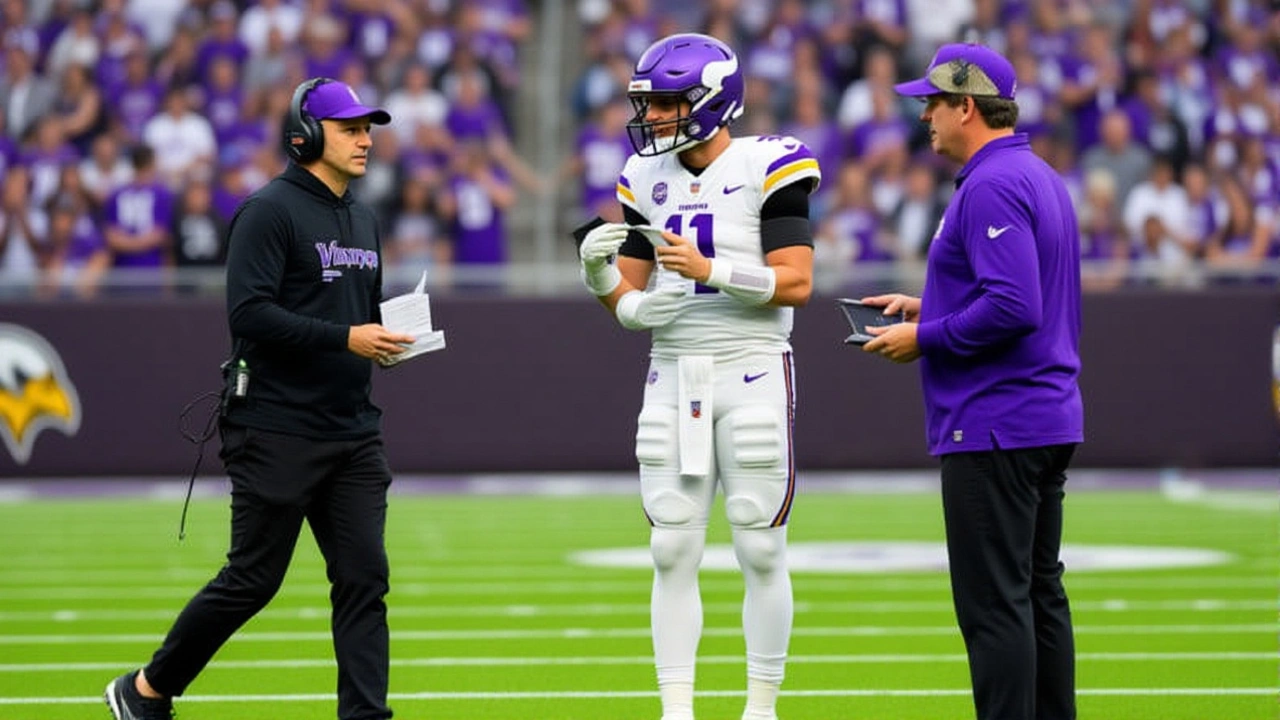
Colts’ Internal Review and Media Fallout
General manager Chris Ballard addressed reporters on Oct. 27 from the team’s Indianapolis practice facility. He stressed that the organization had reviewed the contractual morality clause with sponsor Gainbridge Financial but chose not to invoke any penalties, emphasizing the focus on preparing for the Week 9 clash with the New York Jets.
Sports analysts, including former NFL quarterback Dan Orlovsky, called the incident a “massive distraction” for a team already struggling to find its rhythm. The negative buzz coincided with a dip in ticket sales for upcoming games, prompting local businesses to voice concerns over the broader brand impact.
Financial Repercussions and the Final Donation
- Wentz’s Instagram post generated roughly 2.3 million views before deletion.
- Gainbridge Financial’s internal review lasted three days; no fines were imposed.
- The NFL Players Association, headed by executive director DeMaurice Smith, remained silent, citing no league policy breach.
- On Nov. 3, Wentz contributed $50,000 to the North Dakota Game and Fish Department’s black‑bear habitat restoration program, confirmed by department director Geoffrey D. Rey.
The donation, while half of the petition’s demanded amount, was earmarked for the Little Missouri National Grassland, aiming to improve den sites and food availability for the region’s bear population.
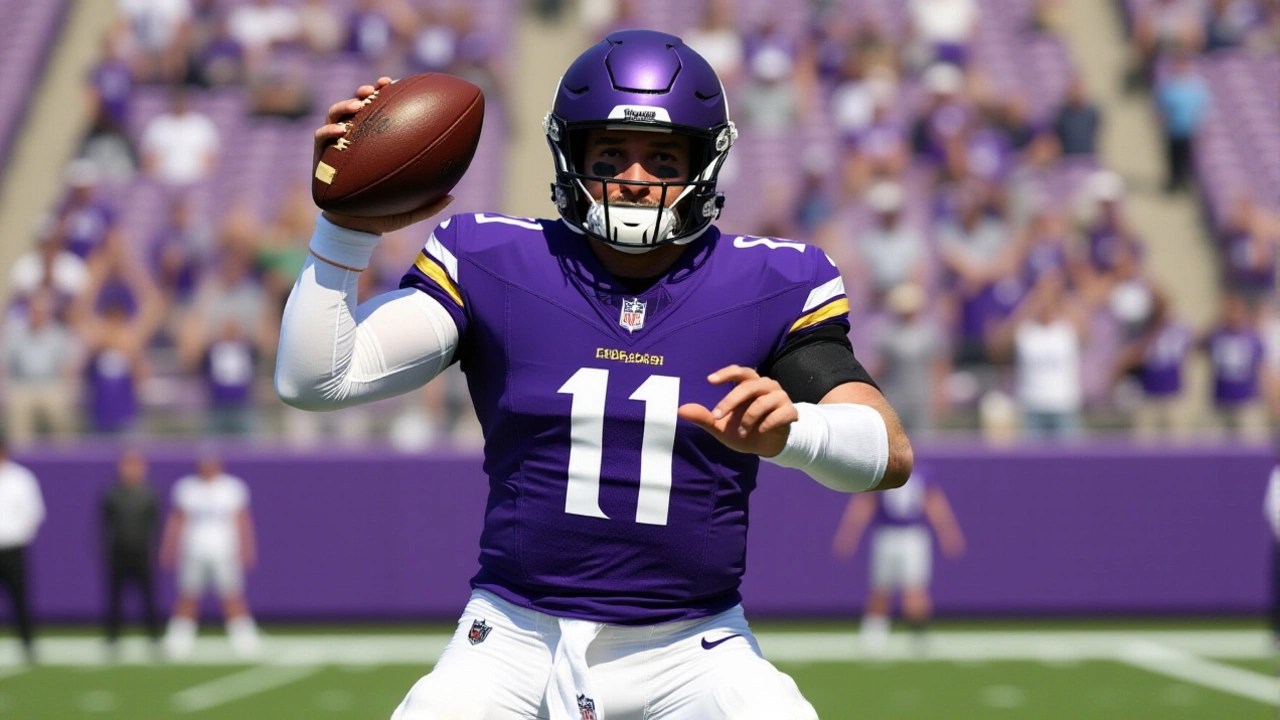
Looking Ahead: Reputation Management and On‑Field Focus
With the Colts now eyeing a potential turnaround, Wentz’s next move will be watched closely. The quarterback has expressed a renewed commitment to “team‑first” values, and insiders suggest a private media‑training session is in the works.
Whether the incident will linger in fan discussions remains to be seen, but the episode underscores how quickly a single social‑media post can amplify existing on‑field frustrations into a national controversy.
Frequently Asked Questions
How did the hunting trip affect the Colts’ public image?
The photo turned a struggling season into a PR crisis. Sponsors faced scrutiny, ticket sales dipped slightly, and the team’s social feeds were flooded with criticism, forcing management to publicly address the issue and re‑focus on on‑field performance.
What legal steps did Wentz take to ensure the hunt was compliant?
He obtained a valid North Dakota Game and Fish Department hunting license (NDGF‑2021‑HUNT‑88432) covering October 15–Nov. 14, hunted in Wildlife Management Unit 4C, and harvested a bear that met the state’s size and health regulations.
Did any NFL policies address the incident?
The league’s personal‑conduct policy covers off‑field behavior, but the NFL Players Association chose not to comment. The Colts reviewed the morality clause in their Gainbridge sponsorship, ultimately opting not to impose sanctions.
What was the response from wildlife‑conservation groups?
Both PETA and the Humane Society condemned the kill as non‑essential sport, urging public figures to choose humane alternatives. Their statements highlighted the bear’s ecological role and called for more habitat‑focused conservation funding.
Will Wentz face any long‑term repercussions?
While the $50,000 donation softened criticism, the episode remains a blot on his public image. Future endorsements may be scrutinized, and the incident serves as a cautionary tale for athletes navigating social media and personal hobbies.
